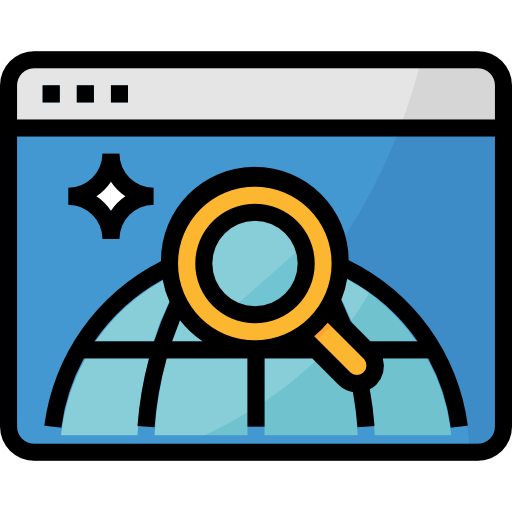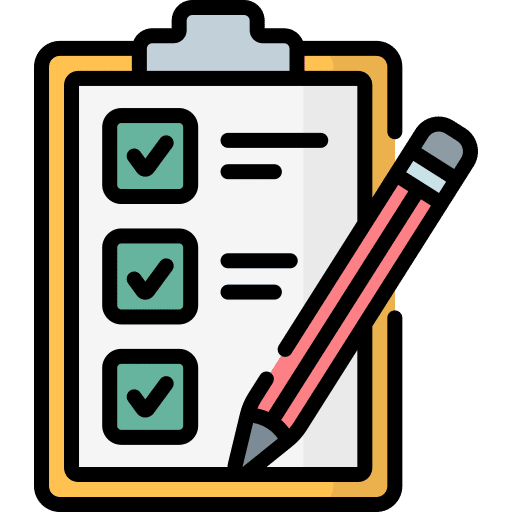In November, the CDC advised consumers, retailers and restaurants to destroy any and all romaine lettuce. Was it a necessary precaution — or a nuclear option?
Photo by John Boelts (Twitter: @JohnBoelts)
On November 20, the Centers for Disease Control & Prevention (CDC) issued a food safety alert advising US consumers to avoid and destroy any romaine lettuce, as well as advising retailers and restaurants to not serve or sell any romaine until they understand more about the current multi-state and multi-national outbreak of E. coli O157:H7 linked to romaine lettuce.
The CDC’s mandate is to protect the public first, and rightfully so. “Because no common grower, supplier, distributor or brand or romaine lettuce has been identified” as the source, the CDC’s national recall would in theory improve public safety until the agency knew more. The agency was also in a rough spot because Americans would be consuming more romaine than normal over the Thanksgiving holiday. Unfortunately, however, this is “an unusually aggressive action” on the CDC’s part, with huge economic impacts to the food sector. Normally, the CDC waits until they have more information about product origins and provenance before issuing a recall. But the November 20 announcement is a kind of nuclear option that can devastate an industry. One Michigan apple grower we spoke to said, the CDC is “throwing out the baby with the bathwater — along with the tub and the entire house.”
Tarred with a broad brush
Most food producers care deeply about the safety of their product. They care about their consumers, but also, safe, reliable food is the lifeblood of their business. And most work extremely hard, taking expensive steps and precautions to produce safe, healthy food for consumption. But 88% of the 2.1 million farms in the US are small, family-owned operations, often operating on slim profit margins. When a recall happens, there’s an immediate, frustrating negative impact to their livelihoods, regardless of strict food safety processes, significant investments they have made into the safety of the physical plant, or post-recall governmental inspections that provide them with an all-clear.
Compounding this problem are retailers and consumers, who often react to such recalls with an overabundance of caution. Many retailers would evidently rather take the reverse-logistics financial hit than risk an E. coli lawsuit. Retailers will often pull all of a producer’s product from shelves, even when that product been found free of contamination.
Next, consider consumers, many of whom are only marginally paying attention to food outbreak news. Most will not do the research required to determine which types of product are recalled. Many will react out of fear and toss any similar product in their fridge, for example, iceberg lettuce that isn’t affected by this recall. Consumers have no easy way to look up recall by barcode, and even when they have the capability, many will simply toss the product without doing research.
One romaine farmer, John Boelts of Yuma, AZ, tweeted a photo of disposal of six months of work, despite the product having no association with the current outbreak:
Dumping #romaine today that was harvested Wednesday and had no association whatsoever with the current EColi #outbreak. Will the next fields get harvested? Wish we could have at least taken it to the #FoodBank. Almost $10/lb. and 6 months of hard work invested. pic.twitter.com/NWxljNSxB3
— John Boelts (@JohnBoelts) November 23, 2018
Labeling important but data even more so
A number of major lettuce producers wrote the US Congress on Sunday, November 25th, promising to change existing labels to include origins and harvesting data. This is great news but will take time.
At Transparent Path, we place food safety as our top reason for being — but we also exist to minimize risk for food producers and supply chain partners by empowering them with better data, not only protect consumers but to also protect themselves.
Our current one-step-forward/one-step-back traceability system is completely outdated for the complex food supply chains of 2018. The only solution is a more robust data ecosystem that allows all players in the food sector to see origin and provenance data in real time. For example, our ProofScan app will not only provide parties in the supply chain with product data, but will inform consumers about food viability with a simple scan of our ProofScore QR code.
There are a handful of blockchain startups pursuing food traceability. Our goal is to go beyond traceability to encourage producers and partners to voluntarily provide transparency into origin and logistics data. For example, if the CDC and retailers had better data from producers, in which no E. coli cases were detected within their food chain, they might not mandate a nationwide recall nor tar transparent producers with the same brush.
We have been radio-silent for the past few weeks while pulling together our team and our solution. Look for announcements about new advisors and partners beginning tomorrow!

